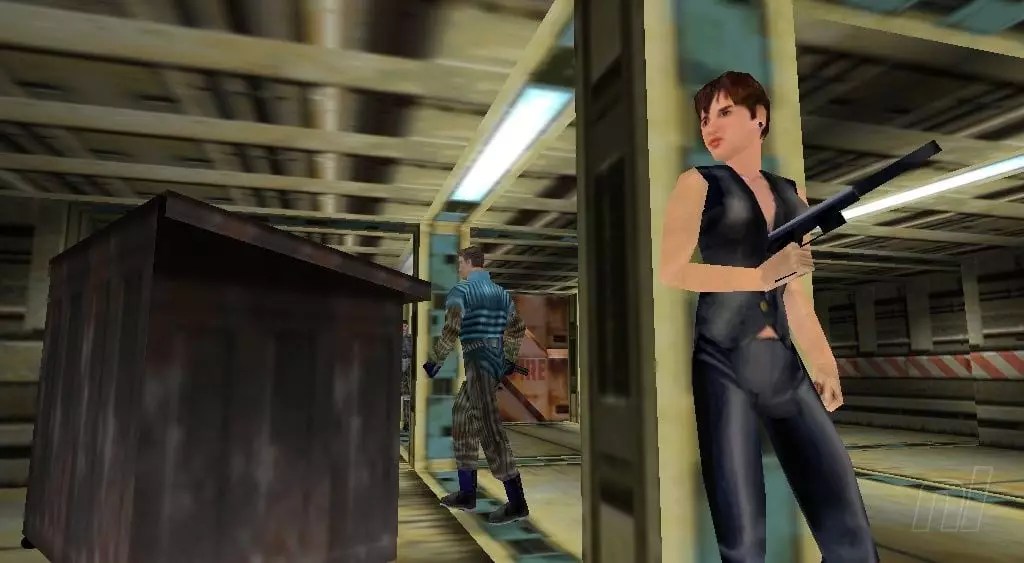The recent cancellation of The Initiative’s latest Perfect Dark project underscores the precarious nature of beloved franchises in today’s gaming landscape. Despite the series’ storied history and nostalgic resonance among fans who first experienced Joanna Dark’s exploits on the Nintendo 64, corporate decisions often overshadow fan passion. This situation exemplifies how industry giants like Microsoft sometimes let their cherished IPs simmer in obscurity, prioritizing new ventures or internal restructuring over long-term legacy preservation. The question arises: Can dedicated fans truly influence such major corporate decisions, or are they powerless in shaping the future of franchises they hold dear?
Leveraging Fan Engagement to Catalyze Change
In the wake of the cancellation, advocates like Joanna’s voice actor Alix Wilton Regan have taken a proactive stance, urging fans to voice their desire for the franchise’s survival. Her call to action—#PerfectPickUp—aims to demonstrate that fan enthusiasm can reach beyond mere social media comments, potentially catching the attention of decision-makers. While the odds seem stacked against such efforts, history has shown that passionate communities occasionally succeed in prompting re-evaluations of seemingly dead projects. Instances like the revival of Tango Gameworks’ Hi-Fi Rush after Microsoft’s decision to fold the studio demonstrate that perseverance and widespread support can create unexpectedly positive outcomes, albeit rarely and unpredictably.
The Obscure Shadow of Forgotten IPs
Microsoft’s handling of franchises like Perfect Dark and Banjo-Kazooie highlights a broader tendency within the industry—assigning legacy brands to a limbo where they remain dormant, waiting for a miracle. Despite nostalgic calls for revival and some sporadic reappearances on newer platforms, like Perfect Dark on Switch Online, these appearances often serve as mere echoes of their former glory rather than full-fledged comebacks. The repeated shelving of major projects, like the recent cancellation of Rare’s Everwild, reveals a corporate risk-averse mentality that prioritizes safe bets over bold, nostalgic reboots. This attitude disregards the deep emotional investment of fans and the nostalgic leverage such IPs possess.
The Question of Hope in a Murky Horizon
Although the outlook appears bleak, it is not entirely hopeless. Industry insiders and fans alike often cling to the possibility of unexpected revival, fueled by sporadic successes and unrelenting passion. The core challenge lies in how effectively fan engagement can influence corporate agendas—particularly when internal priorities shift or executive decisions become opaque. The potential for Perfect Dark to re-emerge may remain a distant dream for now, but the collective voice of a dedicated community, combined with strategic support, could be the spark needed to ignite future opportunities. Until then, fans must continue to advocate passionately, refusing to accept the erasure of what once felt indelibly ingrained in gaming history.


Leave a Reply